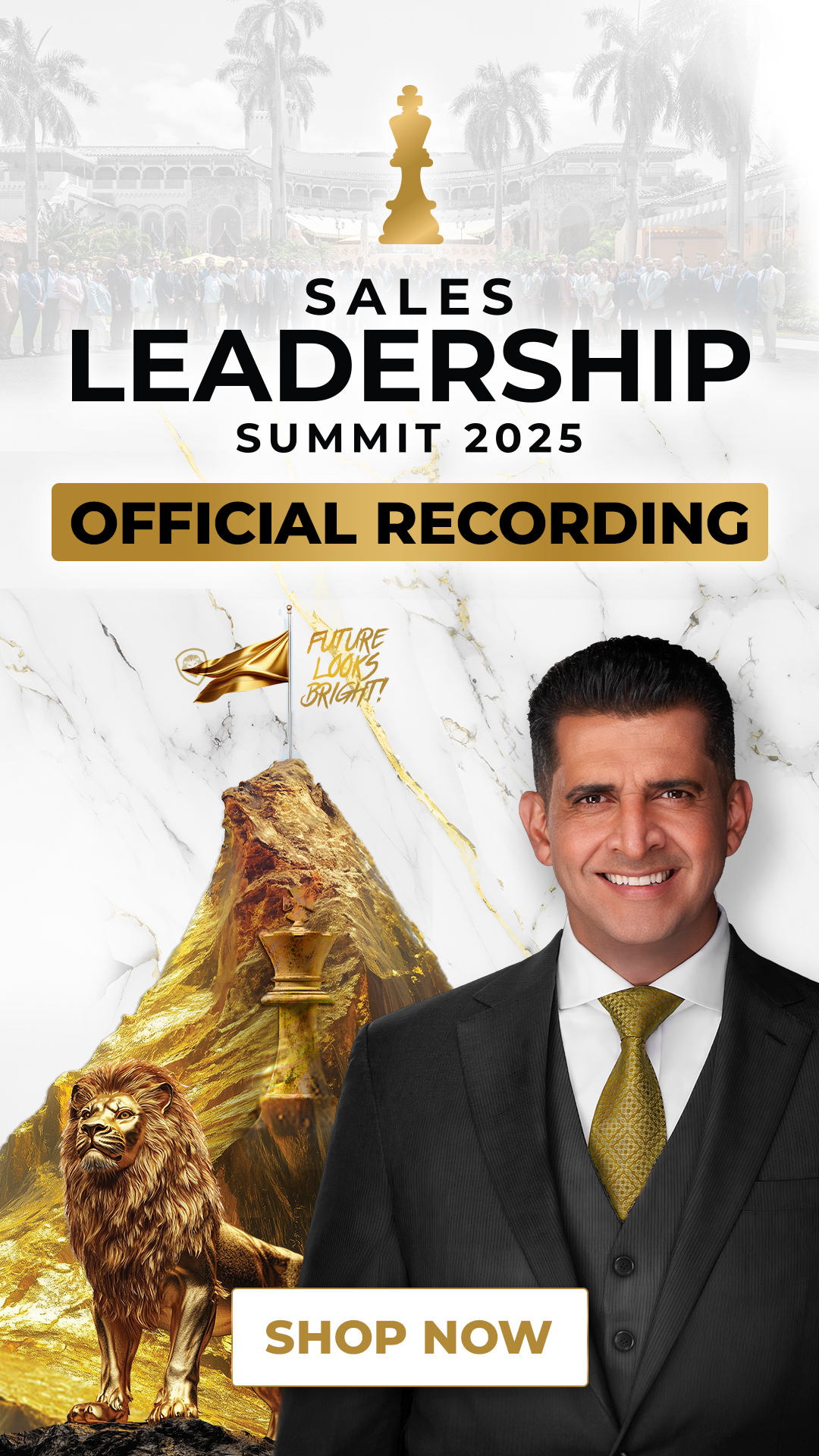Ready for a laugh? One of the oddest trending terms circulating workplace performance review methods is the substitution of ‘feedback’ to ‘feedforward.’
You read that right. According to Joe Hirsch, managing director at Seneca Partners, TEDx speaker, and author of “The Feedback Fix,” “Feedback has become an instrument of fear and not joy.”
Learn the benefits of becoming a Valuetainment Member and subscribe today!
“Reviews” are under review. “Feedback” is nixed for “feedforward.” More companies are scrapping words and practices that are seen as anxiety-provoking for employees. https://t.co/uyotThcjOk
— The Wall Street Journal (@WSJ) September 17, 2023
Stop dreading your yearly performance reviews and start becoming irreplaceable.https://t.co/rXaxTUO8Zq
— Entrepreneur (@Entrepreneur) September 22, 2023
During Workhuman’s podcast How We Work, Joe states, “Performance reviews take a look back at a past that [employees] can no longer change. And because it’s looking back and not looking ahead, people are powerless to do anything about it.”
“Unlike feedback, which is retrospective, feedforward offers constructive, forward-facing solutions so employees can grow,” Karen Leal, a performance specialist with Insperity in Houston, Texas, told FOX Business. “Feedforward is the counterpart of feedback.”
According to Leal, the term has existed for years, adding that some managers may already be offering feedforward without realizing it. Workhuman states that the term “feedback” creates an uncomfortable environment that can result in unnecessary focus on small errors, and ultimately creates a negative environment in the future.
However, the term “feedforward” offers “objective advice focused on future-oriented solutions,” helping employees strive for better performance and higher goals.
Leal from Insperity agreed that an effective feedforward session will help employees set goals and equip them with resources to achieve certain goals.
Hirsch adds that “The goal of feedforward is to make [employees] feel big, to enlarge their view of themselves by shifting that conversation from weaknesses to strengths.”
The interview with Hirsch closes out with a story of a friend holding a mirror up to him, exposing his very reflection and all of the things he needed to change about himself. This sort of epiphany inspired Hirsch to not only change the way he interacted with others, but also reshaped the employee/manager relationships at work.


















Add comment